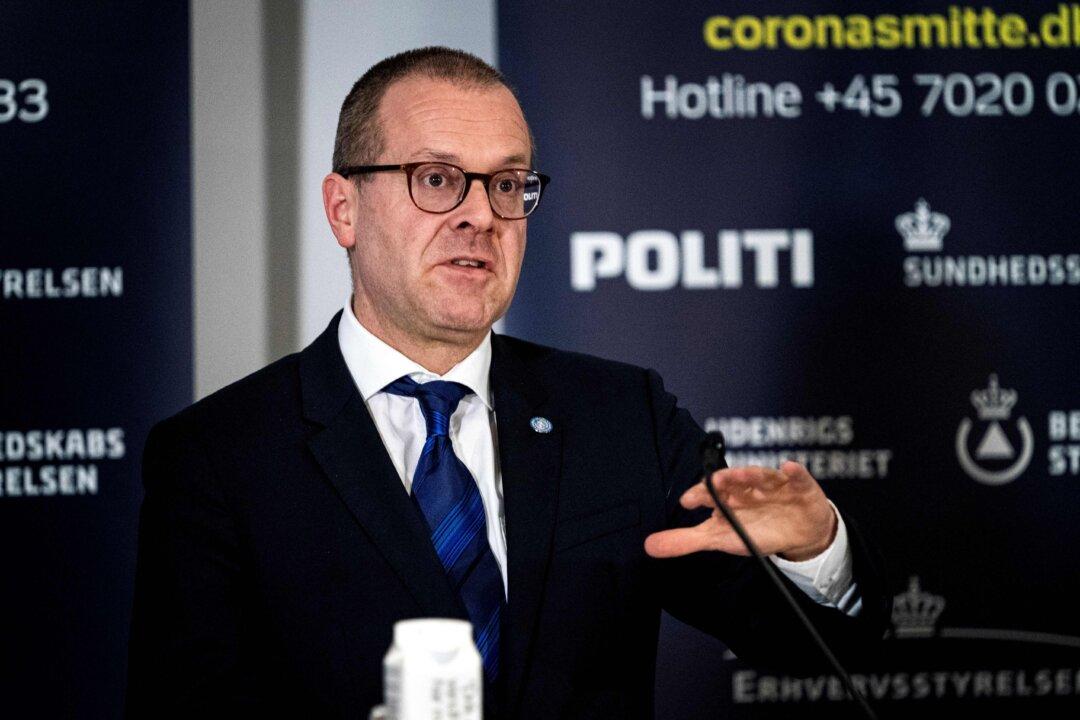Imposing COVID-19 vaccine mandates should be an “absolute last resort,” the World Health Organization’s top Europe official said on Tuesday, as a growing number of countries in Europe contemplate rolling out such measures.
“Mandates around vaccination are an absolute last resort and only applicable when all feasible options to improve vaccination uptake have been exhausted,” WHO Europe director Hans Kluge told a press briefing.





